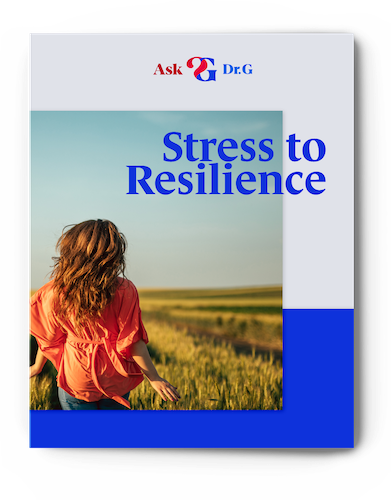Hi! curiosity
It’s easy to tell people what to do. It’s quick and to the point and feels great. Telling people what they should do or need to do has been my go-to reflex for decades!
Problems sure do arise, though. Like they don’t want to do it. And it’s insulting to be told what to do as if you’re a child. And even if it is your child it usually doesn’t work. Also I’m often wrong about what they “should” do.
I’ve worked hard to ignore my instinct to just command people’s actions or behaviors – even the young people I’m raising, even my patients who arguably come to me specifically for this kind of advice. I bet you’re pretty clear about why this isn’t a great choice most of the time – even when you’re right about what would be the best solution.
If you also have this instinct – to answer every problem or discomfort with a “suggestion” like “You should…” would you be willing to try something different?
Get curious out loud. Here’s what this looks like:
- Your staff member is ranting about how frustrating a vendor is and (instead of telling them how to handle it) you ask, “What’s the reason for their friction do you think?”
- Your customer is yelling at your team member and you ask “Could you tell me just two sentences about the problem?”
- The assignments you left for your employees to do were done very poorly and not finished and you ask “What were the obstacles to completing this?”
- Your child comes down for a family event at a nice restaurant dressed in ripped jeans and uncombed hair and you ask “Can you tell me about how you want to look tonight?”
- Your teen reacts very badly to being reminded to take out the trash after dinner and you ask “What am I missing about your point of view?”
This can feel clunky but the neuroscience is clear – when we approach someone with curiosity we don’t escalate conflict – we actually improve outcomes and build relationships.
Will you try it?? Comment and tell me!
All my best,
Dr. G




